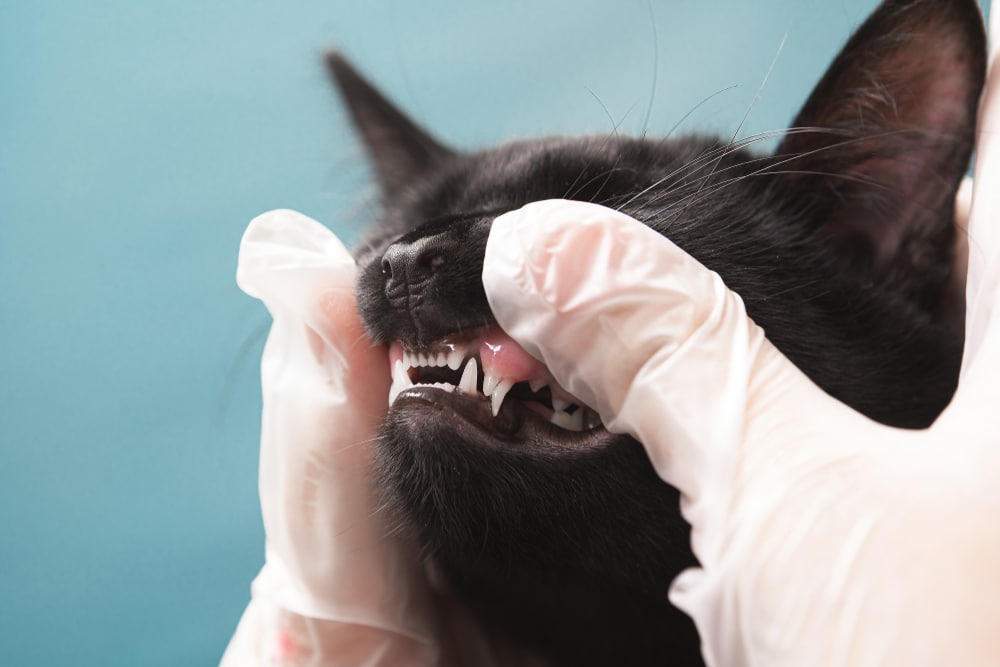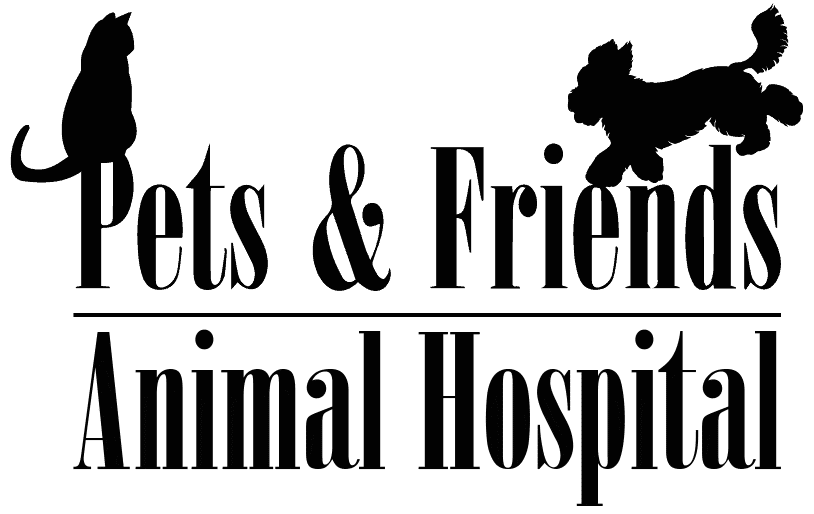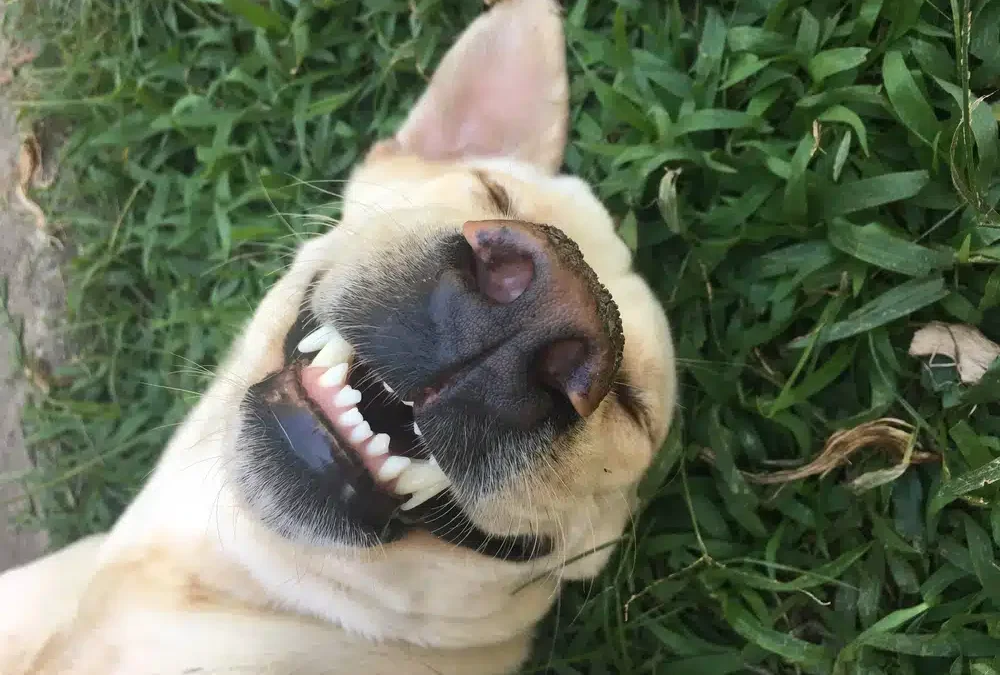As a loving pet owner, you focus on your furry friend’s overall well-being, from providing nutritious meals to regular exercise. However, dental care is a pet health aspect that is often overlooked. Just like people, pets require proper oral hygiene to maintain good health and prevent dental issues. Our Pets & Friends Animal Hospital team explores the necessity of dental health for pets and discusses practical tips for ensuring their pearly whites stay in top condition.
Importance of dental health for cats and dogs
Many pet owners are unaware of dental health’s significance for their furry companions, but neglecting your pet’s oral hygiene can lead to various dental problems, including bad breath, gum disease, and tooth decay. Moreover, untreated dental issues can escalate into serious health problems such as infections that can affect their heart, liver, and kidneys. By prioritizing your pet’s dental health, you can help them lead a happy, healthy life.
Pet dental disease signs
One reason pet dental disease goes under the radar is pet owners’ unfamiliarity with the condition’s signs. How often do you look inside your pet’s mouth? Assessing your pet’s teeth can help you detect changes or poor oral health signs. Your pet may have dental disease if they exhibit these signs:
- Bad breath (i.e., halitosis)
- Inflamed, red gums
- Bleeding gums
- Yellow- or brown-stained teeth
- Difficulty chewing or chewing on one side of the mouth
- Missing or loose teeth
- Rubbing the mouth
Any of these signs indicate a problem with your pet’s teeth and gums. If your furry pal exhibits any of these signs, make an appointment with our Pets & Friends Animal Hospital team.
Ways to maintain your pet’s dental health
Keeping your pet’s teeth and gums in excellent shape can be easy when incorporating oral hygiene into their daily routine. Remember, practicing routine dental care is crucial to acclimating your pet to toothbrushing and dental assessments. To ensure your pet’s dental health is optimal, follow these tips:
- Brush your pet’s teeth daily — One of your pet’s best defenses against dental disease is regular toothbrushing. This routine helps prevent plaque and tartar accumulation, which can cause periodontal disease, also referred to as dental disease. Use a pet-specific toothbrush and pet-safe toothpaste. Many pet owners wonder why they can’t share their toothpaste with their pet, but toothpaste intended for people’s use contains ingredients that are toxic to pets, so you should never use it on your furry pal.
Toothbrushing may take some time, practice, and patience. Give your pet plenty of treats as a reward while you practice brushing their teeth. Pets & Friends Animal Hospital can give you pointers and a pet toothbrushing demonstration.
- Give your pet dental chews — Providing your pet with dental chew toys and treats can help promote their oral health by reducing plaque and tartar buildup. Look for products designed specifically for dental care, often textured to clean teeth and massage gums while your pet chews. Give your pet dental products approved by the Veterinary Oral Health Council (VOHC), as they have proven their efficacy. Just look for the VOHC seal on the package.
- Feed your pet a nutritious diet — As the adage goes, you are what you eat, which is valid for your pet’s diet. Nutrition plays a primary role in overall good health, but some foods are formulated to support oral health and be tasty to your pet. Avoid feeding them table scraps or sugary treats because these foods contribute to dental problems and might pose additional health risks such as toxicity.

- Schedule veterinary dental exams and professional cleanings — Last but not least, schedule regular dental checkups with our team to monitor your pet’s oral health and promptly address emerging issues. Our team recommends professional dental cleanings under anesthesia to keep your pet’s teeth and gums healthy. During these cleanings, we examine your pet’s teeth, scale them to remove plaque and tartar, and polish their pearly whites to prevent plaque from easily forming again. Digital X-rays will also be taken so we can see below the gumline and note bone loss or periodontal pockets. Sometimes, extractions are necessary to remove decayed teeth.
Taking care of a pet’s dental health is essential to responsible pet ownership. By implementing simple yet effective strategies, such as regular toothbrushing, providing effective dental chew toys and treats, feeding your furry pal a balanced diet, and scheduling routine veterinary examinations, you help ensure that your furry companion enjoys a lifetime of excellent dental and overall health. Schedule your pet’s dental assessment with our Pets & Friends Animal Hospital team.

